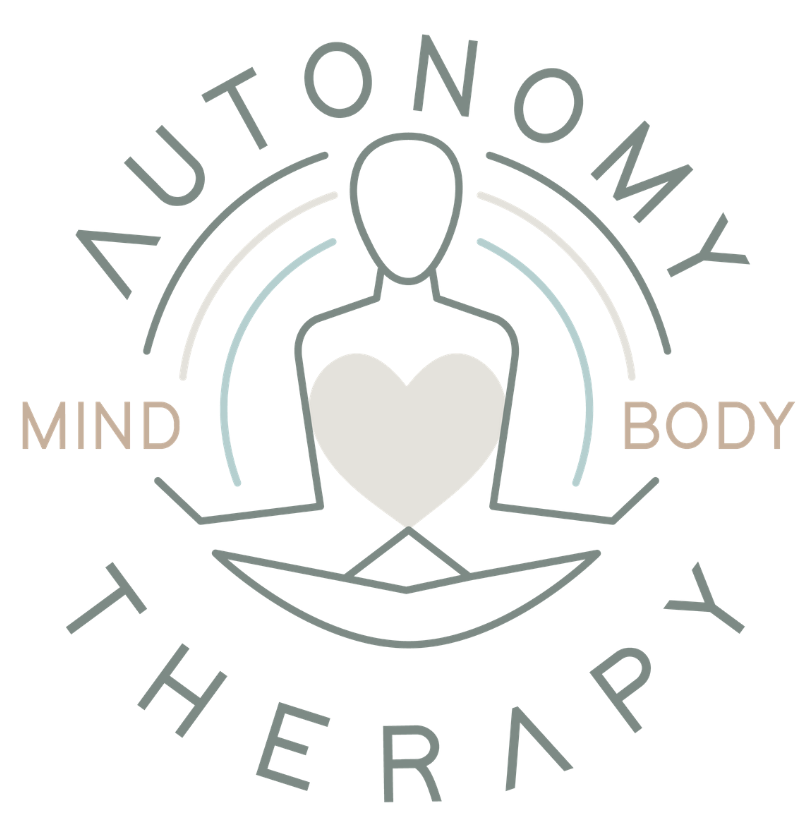Small Steps You Can Take To Improve Your Self-Esteem
Author: Tiffany Lepa, NCC, LPC-Associate
February is here – the month of romance, yummy goodies, pretty flowers, pink and red hearts, Galentine’s day, and sweet love notes. As an interdependent species, we tend to think about intimate interpersonal relationships when we think about love. However, as cheesy as it sounds, your relationship with yourself is worth celebrating and reflecting on too. You’ve probably heard something along the lines of “The most important relationship in your life is the one you have with yourself.” Low self-esteem, however, can get in the way of fostering a loving relationship with yourself.
Self-esteem is how one perceives their personal value or worth. This intangible thing is often described as an inner voice. Sometimes it sounds like a critic – you know, that nagging voice pointing out all the things you could have done differently. Other times, it may sound like a friend, cheerleader, mentor, or even your therapist, reminding you that you’re doing just fine! People with a balanced self-esteem understand their needs and feelings and are able to express them, have realistic expectations of themselves, and understand their skills and strengths.
Developing a higher self-esteem involves self-compassion, the opposite of self-criticism. Self-compassion is intrinsic. It means that even when we don’t have outside support, we still love ourselves, trust ourselves, and believe in ourselves. We acknowledge and accept that imperfection is part of the human experience.
Okay, this all sounds great, but how do I work on developing a higher self-esteem? I’m glad you asked!
1. Challenge your inner critic. You may have heard about affirmations or positive self-talk, but it can be difficult to take the leap from self-deprecating thoughts to friendlier ones. Sometimes it can be easier to reframe how you talk to yourself to how you would talk to a friend. Let’s say you’ve been struggling with body image issues and don’t feel like you deserve to go swimming with your friends because you don’t like how you look. Think about it – what would you say to a friend in this situation? Then apply it to yourself. “I love swimming, it’s super hot out today, and I want to catch up with my friends. What I look like does not change any of these things.”
Self-compassion allows for flexible thinking, so instead of jumping from “I will fail” to “I am GOING to SUCCEED!” instead, try “I am going to try, and even if I don’t succeed, I am still worthy.” A therapist can help you examine your thoughts and uncover negative thinking patterns (also known as cognitive distortions, if you’re feeling fancy).
2. Pay attention to your inner experience. By tuning into your inner experience (feelings, thoughts, and physical sensations), you can gather data about yourself. This will allow you to develop trust in yourself and to distinguish your needs, wants, thoughts, reasons behind actions, values, and so forth. Journaling and practicing mindfulness can be great tools in pausing to reflect on your inner world.
So, how do I do that? Take this example: One of your best friend’s just got engaged. Though you’re really excited for her, you notice yourself feeling jealous, and you don’t like that. You start to think, “Wow, I’m a terrible friend – what is wrong with me?!” You take time to pause and ask yourself, “What’s really going on here?” You realize this situation triggers the insecurity that your partner still hasn’t proposed even after six years. You value marriage and worry that your partner may not. You’re feeling disappointed.
3. Schedule self-care. Self-care can be something as simple as making your bed every day, adding stickers to your planner, taking 10 minutes a day to check in with your partner, or making sure to pack your lunch for a long day at work. Consider your physical needs, emotional needs, relationship needs, and what brings you joy. Set realistic goals of how to incorporate it into your day or week. Think about what makes you feel good, not what you think SHOULD make you feel good. For example, do you actually enjoy running? What movement do you enjoy? Maybe dancing in your living room feels better both physically and emotionally. Or maybe you just need to zone out and scroll through TikTok sometimes.
Easier said than done, right? Unlearning years of negative messaging and working through insecurities and less-than-ideal formative experiences takes time. Through self-esteem counseling, you can work with a therapist to identify your values, challenge unhelpful thinking, set reasonable goals, and reflect on the progress you’re making. In therapy, the focus is YOU!
Will I become self-absorbed? When you’ve been living with a low self-esteem for so long, being kind to yourself can feel uncomfortable and even selfish at times. Therapy allows you the space to acknowledge and process these feelings. Developing a higher self-esteem doesn’t mean nothing bad will happen or that you can avoid negativity but rather that you are confident you will make it through difficult and uncomfortable experiences.
Interested in getting started with one of our therapists to improve your self-esteem? contact us to schedule a free 15-minute consultation!
